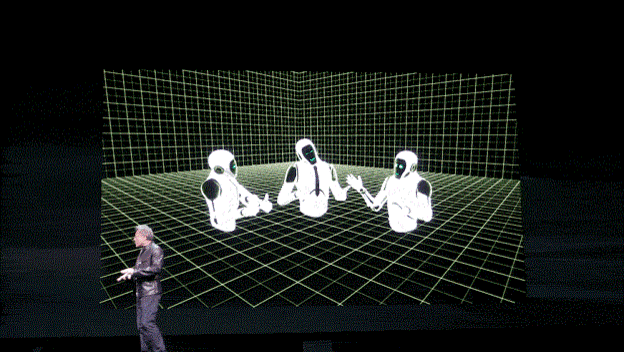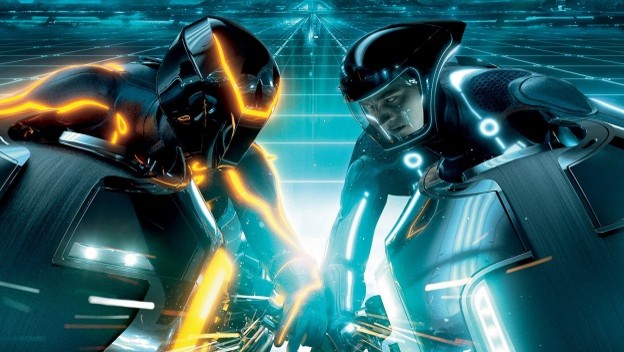Virtual Reality has been a staple in fiction, often depicted as the logical evolution of video games. In the last few years, the technology has begun to approach something resembling what moviemakers of the 80’s and 90’s had envisions, what with all the haptic vests, control options, and frictionless treadmills that you can hook up to the stuff. But this doesn’t come across as the final evolution of video games to me. Instead, it’s more like a separate evolutionary branch, and I don’t imagine it surpassing traditional gaming so much as coexisting with it.
Sure, there are arguments to be made regarding “immersion,” which is an old buzz world from early in the history of games writing. To even make that argument, we would have to agree with what immersion is. I’ll stake my claim, though. Immersion is the ability a game has to command attention and direct a player’s focus to the world and action of the game. I don’t think realism plays into it, and a control scheme that more closely echoes the movement of a human isn’t a surefire way to guarantee absorption. In fact, in its current state, the temperamental nature of VR controls can be a constant reminder that you are in a game.
The virtual reality headsets, though, can progress to a place where they blend well with traditional gaming. By no means am I writing that technology off. The way they can use a person’s vision to cause an experience of physical sensation in the body isn’t one to be ignored. They also can create a vastness to a space that traditional gaming as we know it can’t. Conversely, feelings of claustrophobia would be more intense in a VR environment. Eventually, I can see these headsets being a standard display for traditional gaming. After all, it’s just a way of looking at the world.
It’s the “holodeck” style games that I think will never stand a chance of replacing the relaxed, couch-riding, controller-wielding experience that we’re used to. The rumble in a controller is a nice form of feedback that can help give a tactile affirmation to the choices you make, but a vest that makes you feel some approximation of being hit? Fun, maybe, but certainly not chill. For many gamers, this amount of excess is likely beside the point when it comes to gaming. And the ability to fully control an environment with your body? Definitely cool and eventually might even feel intuitive. But, again, it’s beside the point. Gaming isn’t a thing that requires a sense of physical presence. It’s the mental presence that’s important.

In the future, where the world may be Cyberpunk or something for all I know, one thing is certain: a lot of us will be old. When we are old, you know what will be convenient for us? The good ol’, reliable controller that will allow us to enjoy our favorite pastime. The same pastime that has created retro games that we can still enjoy today, despite their radical differences from modern games. Perhaps this is because it is the sounds, art, and mechanics that are most important. There is something to be said about mastery over a controller and the way it, mostly, represents a level playing field between people. That balance would not be present in virtual reality at any point in the foreseeable future.
I say all this as a big fan of virtual reality. I’ve written tons of articles on the stuff. There have been articles looking forward to the technology. Now that it’s out, there are some articles praising it and some critiquing it. There is an interesting and inevitable space in gaming’s future for the technology but it isn’t the same space that will be occupied by the PlayStation 7 or 8. Traditional gaming and virtual reality are simply sharing a highway for a bit, heading towards an inevitable fork in the road.
